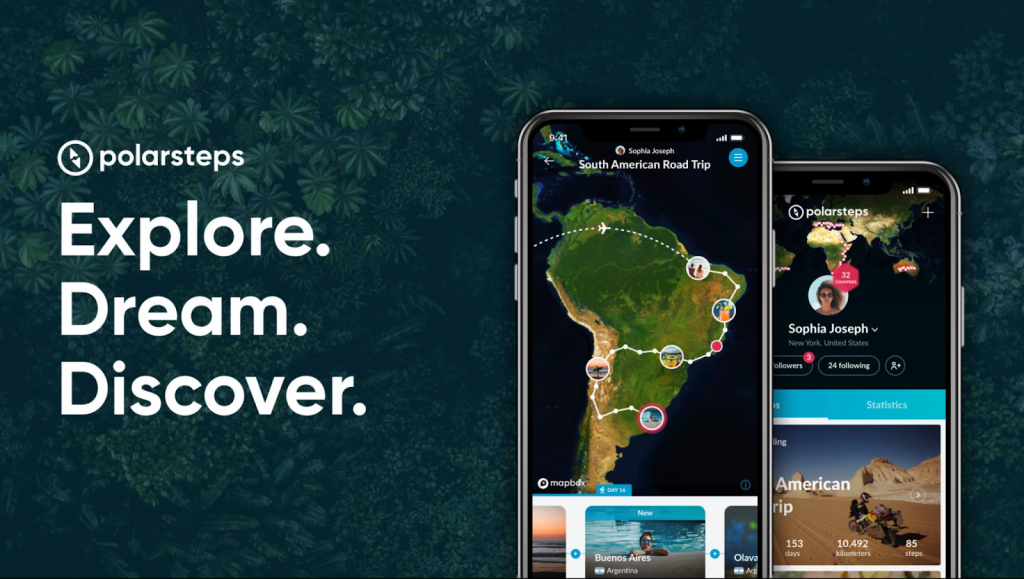The travel business is a multi faceted operation with many moving parts that must work together to control costs and drive profitability. In the back end, you have transportation companies such as airlines, railways and cruise lines that have huge overhead costs in maintaining operations. Resorts and hotels fall under the high overhead category as well. On the front end, you have consumers looking to purchase travel in a highly competitive and dynamic marketplace. Both ends of the industry rely on data and data analytics for efficient and cost effective ways to operate. Efficiencies in the back end and advanced marketing in the front end can impact margins and profitability greatly as operational elements are optimized in real time. Adding Artificial Intelligence capabilities to those technologies is a game changer for the industry as decisions can be made faster and more accurately as machines ‘learn’ the business. With the vast amounts of data that the travel business depends on, using AI in data security can add an extra layer of cybersecurity to protect valuable data assets.

AI in Three Stages
Artificial Intelligence as a concept is quite old and dates back to the Alan Turing days. Within the last decade, AI has become more of a mainstream term as businesses employ the technology within their own operations. There are currently 3 stages of AI in this era:
- Assisted intelligence where technology offers help and guidance in decision making to an already existing human populated workflow and commonly used today
- Augmented intelligence adds an additional layer of decision making guidance and comes up with answers by processing large amounts of data. This technology is still in the emerging phase.
- Autonomous intelligence requires no human intervention or participation and can solely make decisions on its own. This is the cutting edge of AI technology.
Technology like spell checker and grammar suggestion programs are examples of assisted intelligence technology. Augmented intelligence technology is meant to work alongside humans such as OpenAI’s ChatGPT chat bot that can answer any question posed to it. Autonomous intelligence infrastructure is set to absorb data points and make decisions on its own that best fit within the set parameters of the technology. This type of technology offers rapid decision making and execution and can ideally control costs and increase volume when applied to the travel market specifically.
The Different Modes of AI
AI can be divided up into 4 distinct types of infrastructure and each has its own benefits and limitations depending on the core application or purpose. AI technology can be identified as:
- Machine Learning which uses mass data points to ‘learn’ past behaviors and make decisions based on those past data points. Machine learning systems are designed to complete a specific task rather than operate in an open ended set of parameters.
- Expert Systems are designed to think like humans by being able to use imprecise information or ‘fuzzy-rules’ based reasoning.
- Neural Networks are complex paradigms that utilize observational data and can weigh multiple inputs on correctness to make decisions based on those results.
- Deep Learning takes machine learning further by absorbing broad based data inputs that are not specific to one task. Image identification and photo manipulation are examples of deep learning abilities.
The different types of AI infrastructure have applications throughout the travel industry and proven effective in managing resources and assets as well as extending marketing opportunities for travel providers. AI can also enhance security protocols that protect important and valuable data assets that travel businesses depend on.
Cybersecurity, AI and the Travel Business
Data has become the commodity of choice for bad actors in the cyber world and those bad actors are constantly evolving their methods to extract confidential and important personal information for nefarious reasons. The travel industry is a data heavy business and there are continuous waves of information coming in at any point in time. Protecting those valuable data assets should be an operational priority for any travel related company that collects and stores data for business use. AI technology can take cybersecurity protocols to the next level with its ability to monitor, process vast amounts of data with real time information. Protocols such as IT asset inventories, threat exposure assessments and incident response can greatly benefit from AI’s potential for analysis and predictive behavior. AI technologies can also evaluate current cybersecurity systems and identify potential gaps or future potential breaches and make easy to understand recommendations for improving security protocols. With increasing and evolving ransomware attacks, AI can become an indispensable tool in combating information breaches and improving data security for companies in the travel industry.
Travel is a Data Driven Business
As the travel market ramps back over pre-pandemic levels, travel providers and operators are always looking for ways to maximize resources and control costs. Using technology within certain areas of the business, companies can streamline, optimize and elevate processes that save both time and money while driving profitability. That technology needs data points to accurately make decisions and securing that data is critical for brand reputation and consumer confidence. Using AI modelled infrastructure, travel companies and providers can enhance cybersecurity but using the benefits of a ‘learning machine’ to defend against potential data security breaches. With the vast amounts of data the travel business generates, companies of any size should consider an AI type solution to protect those valuable data assets.

